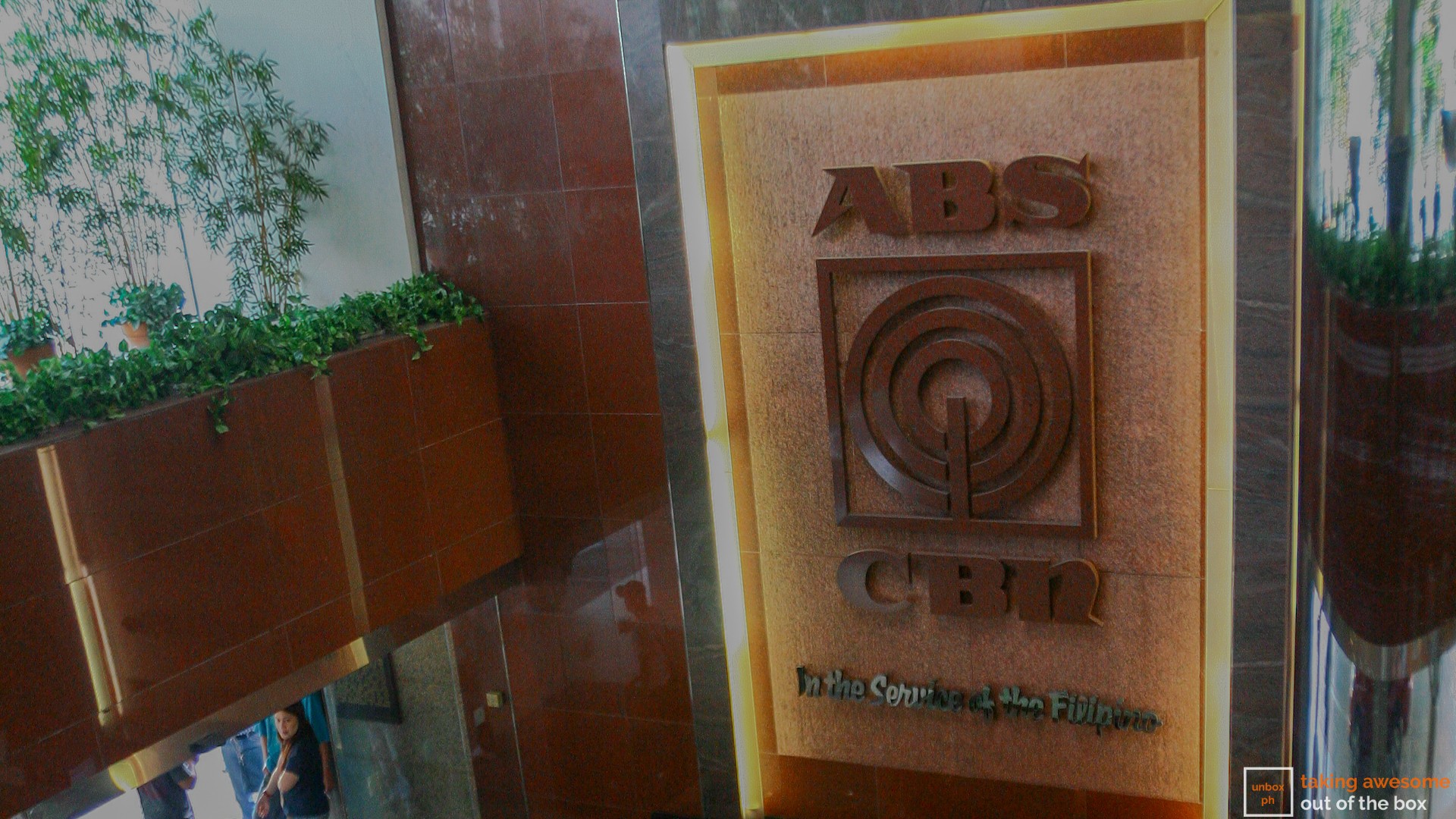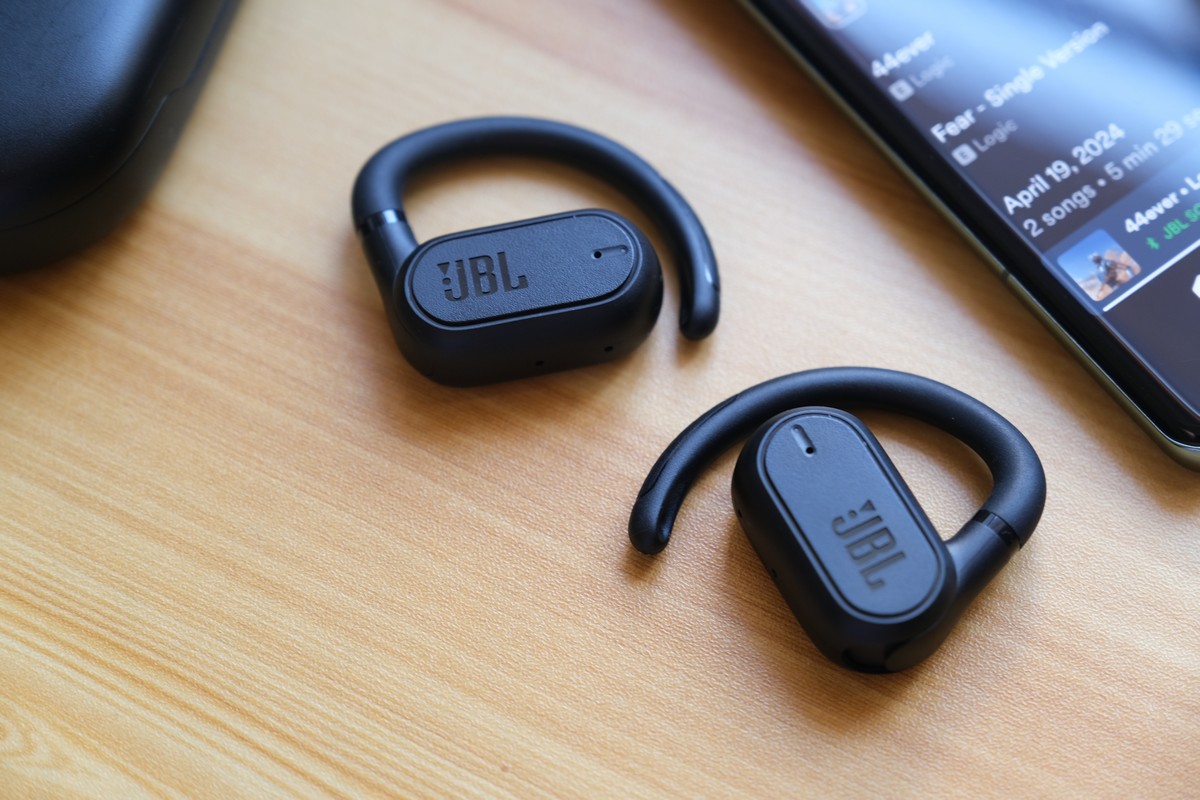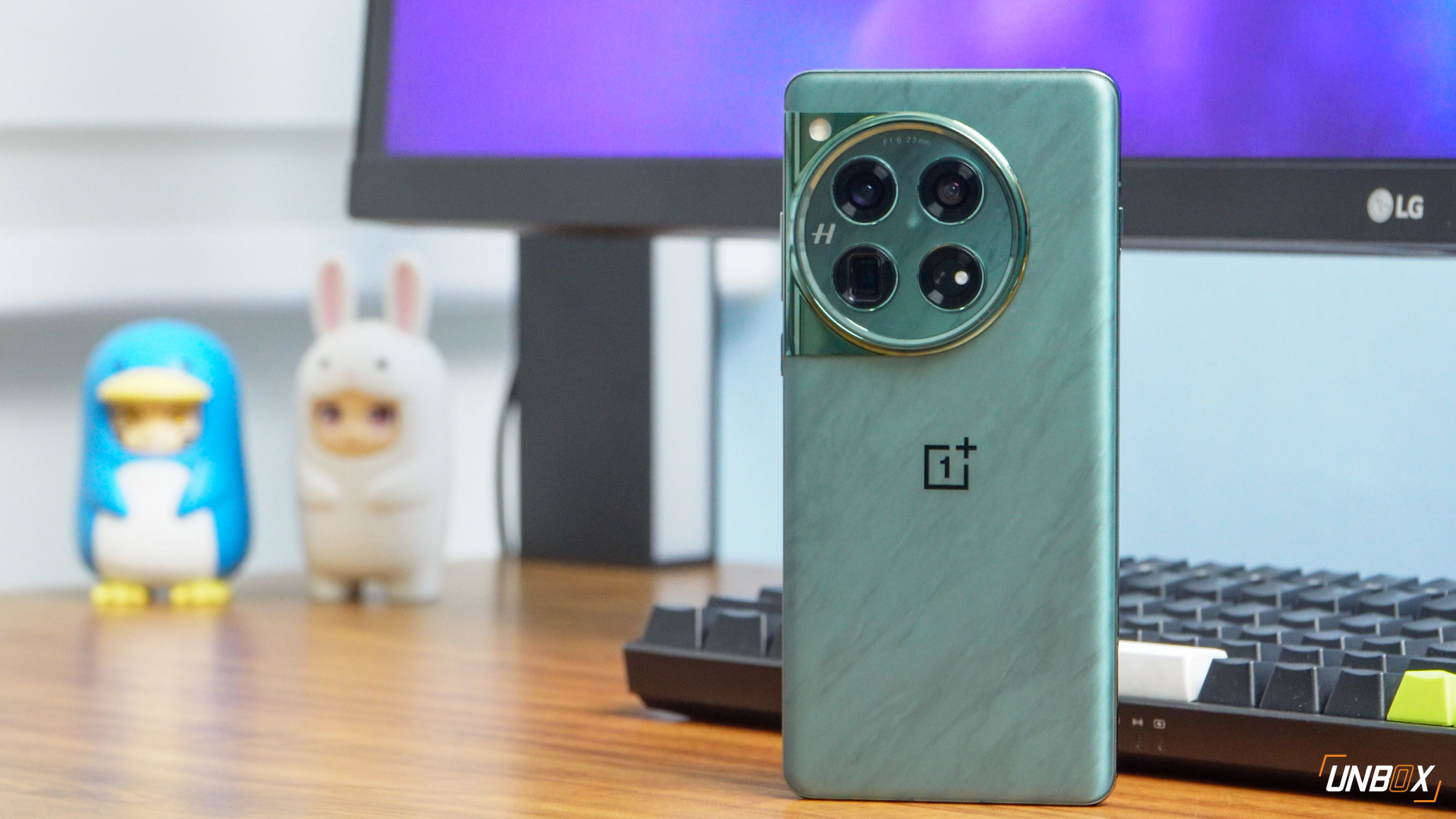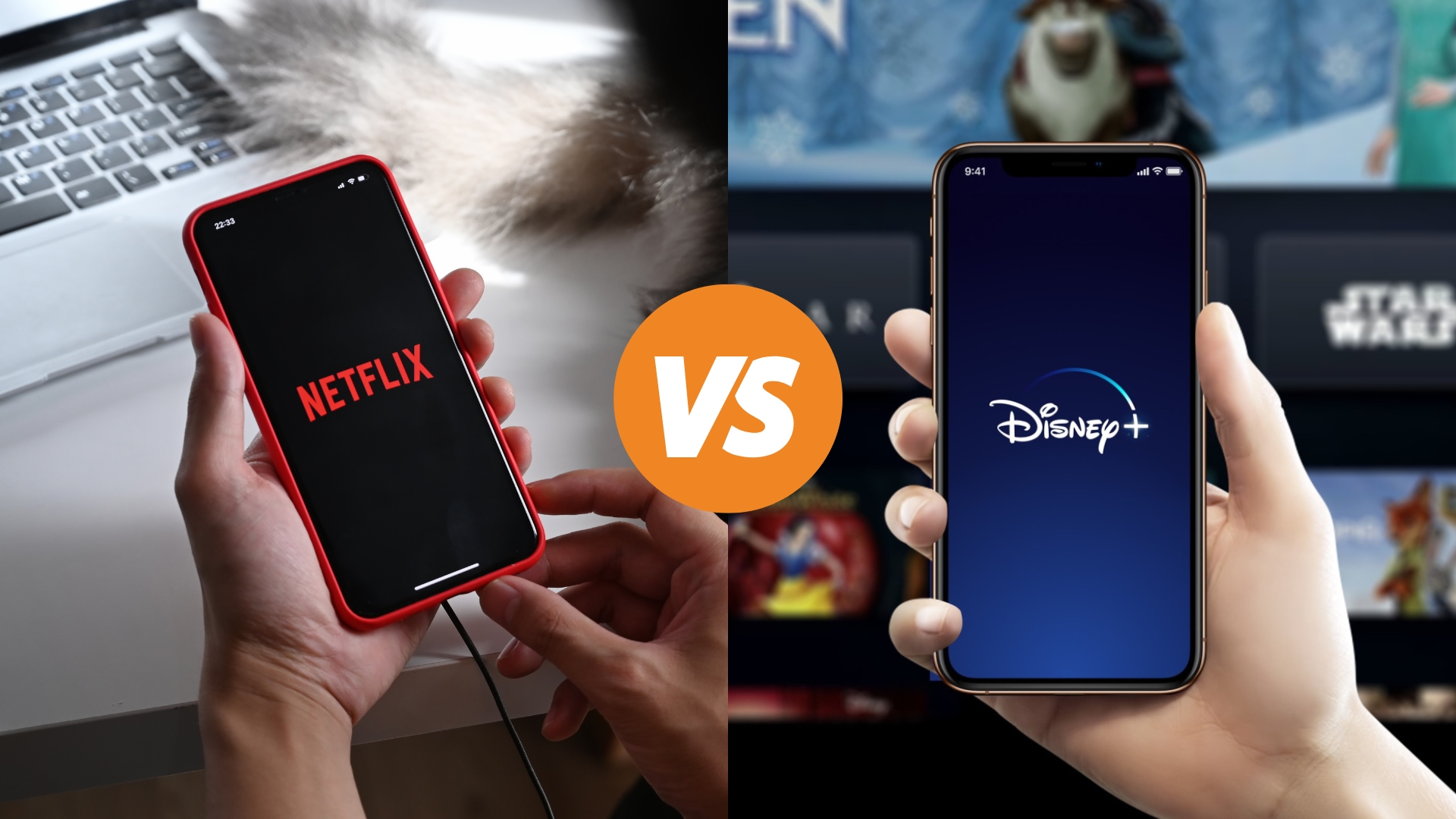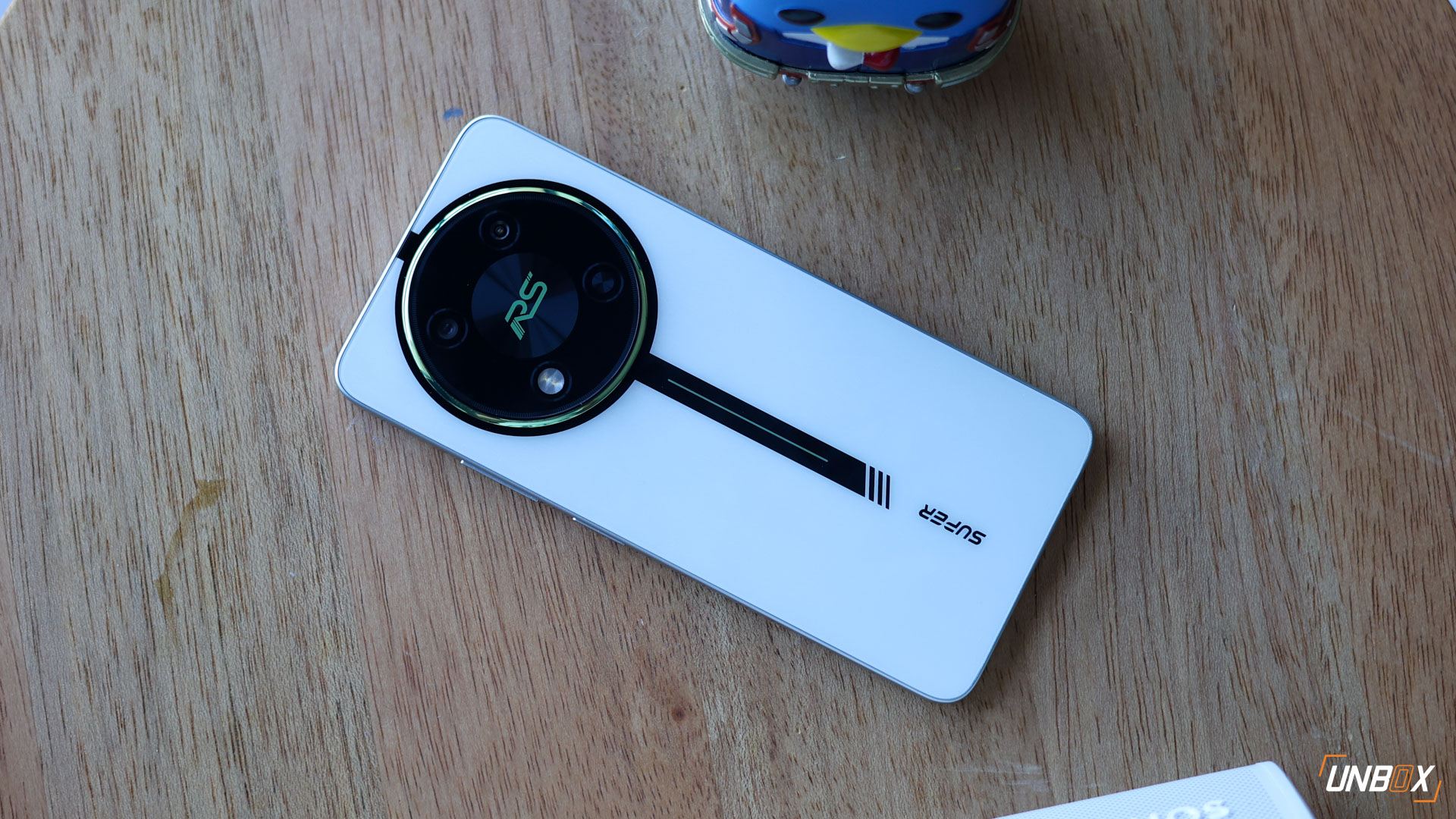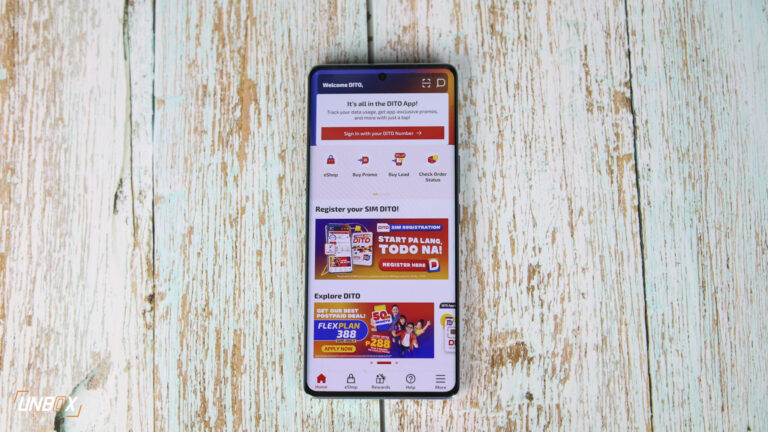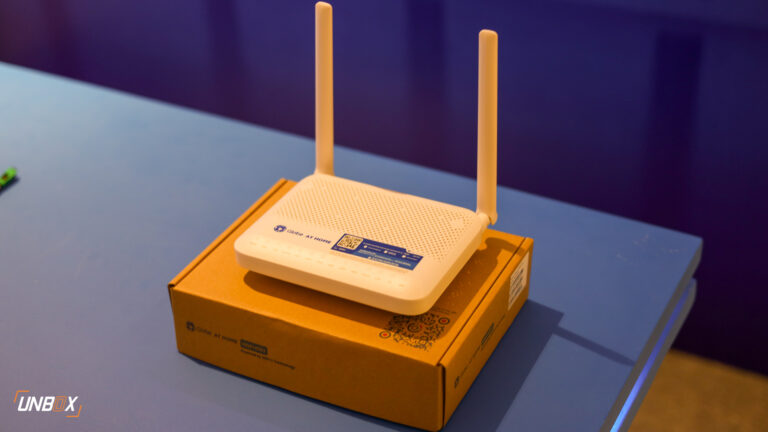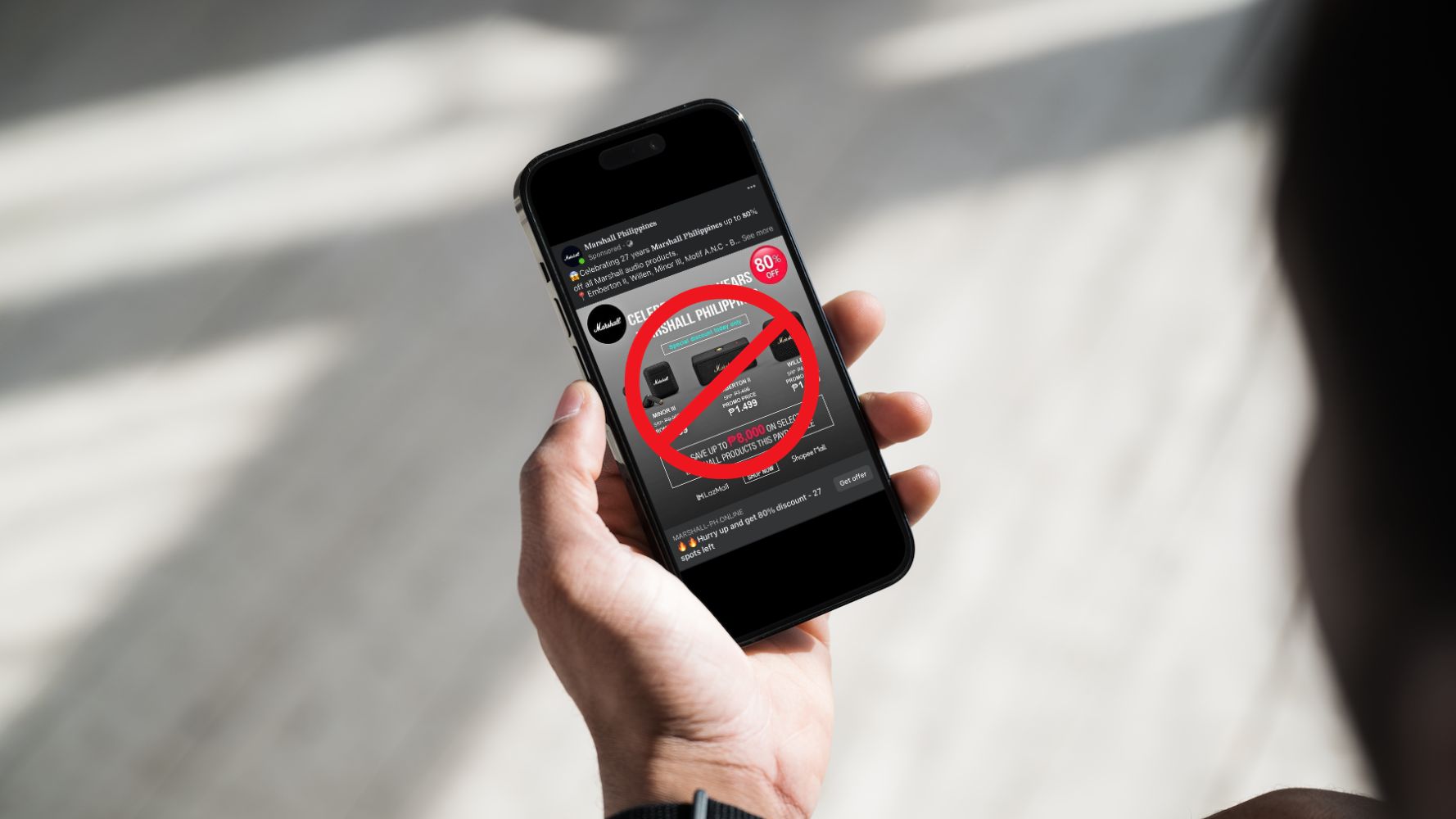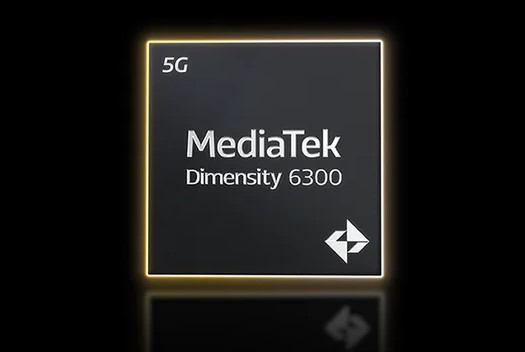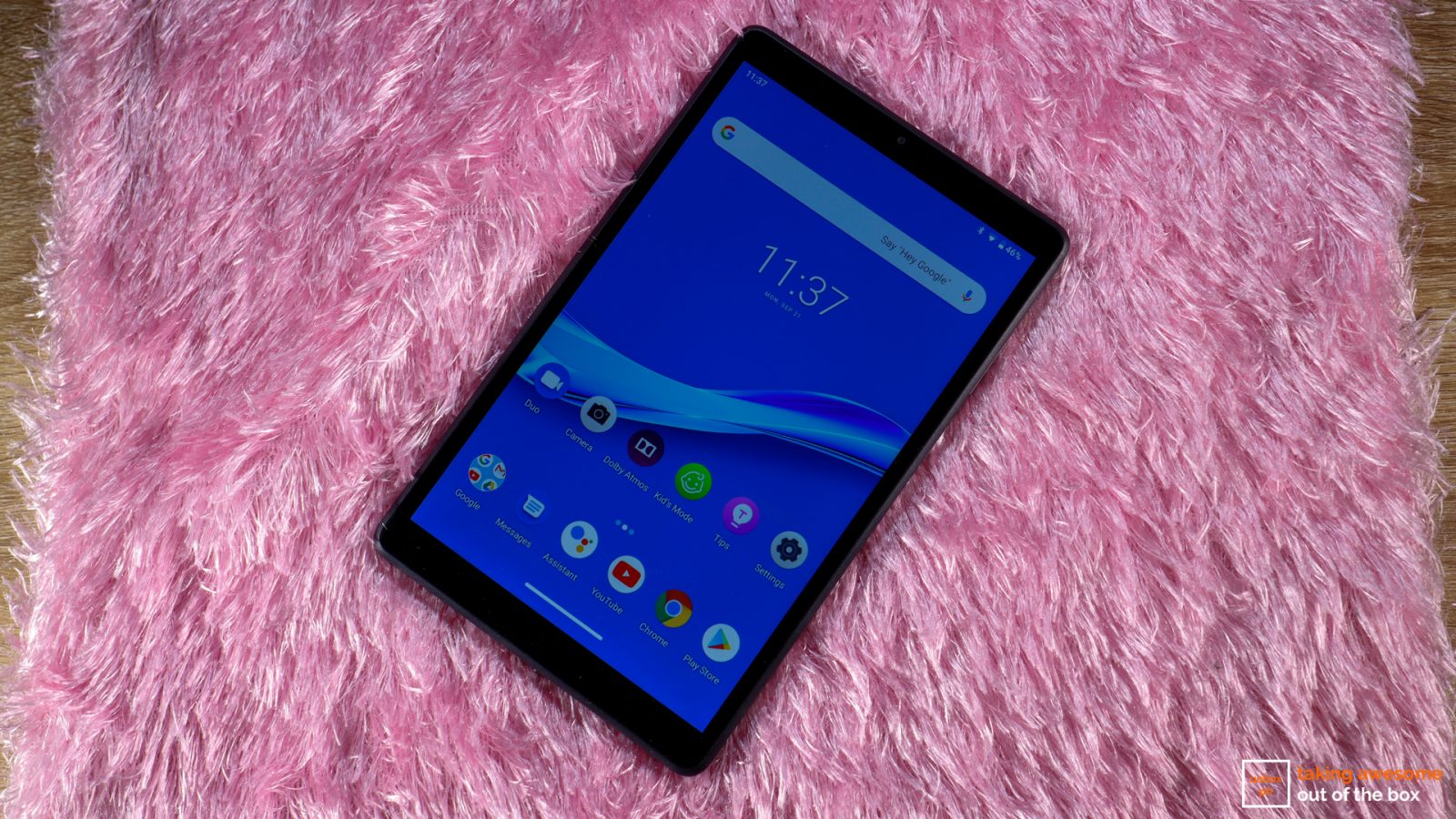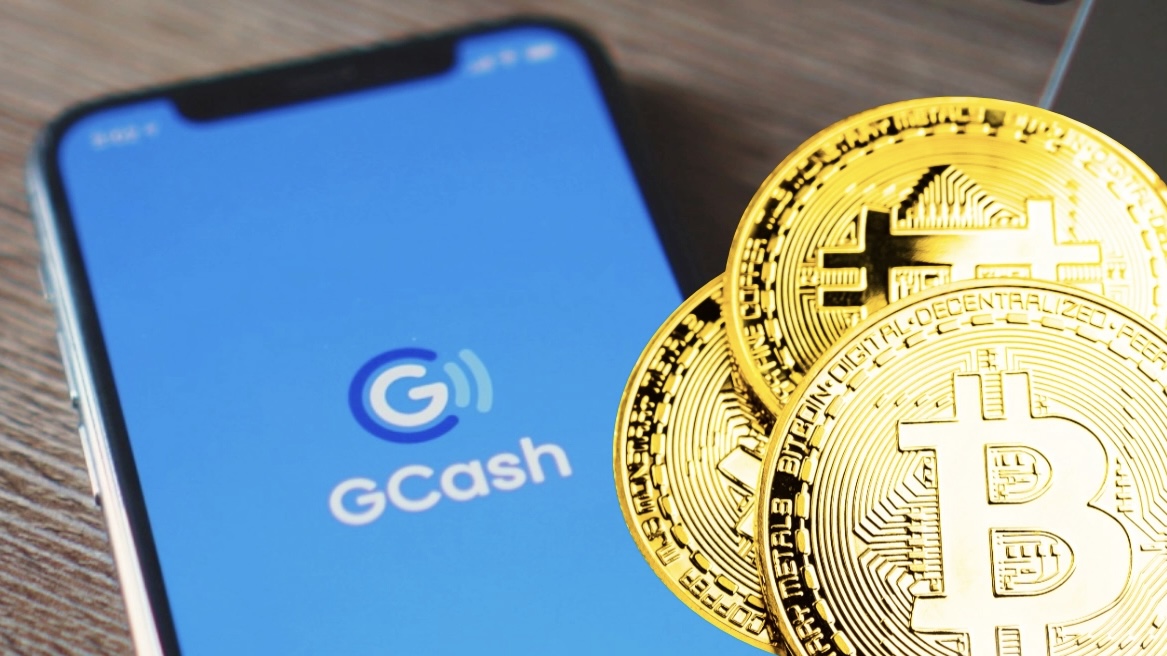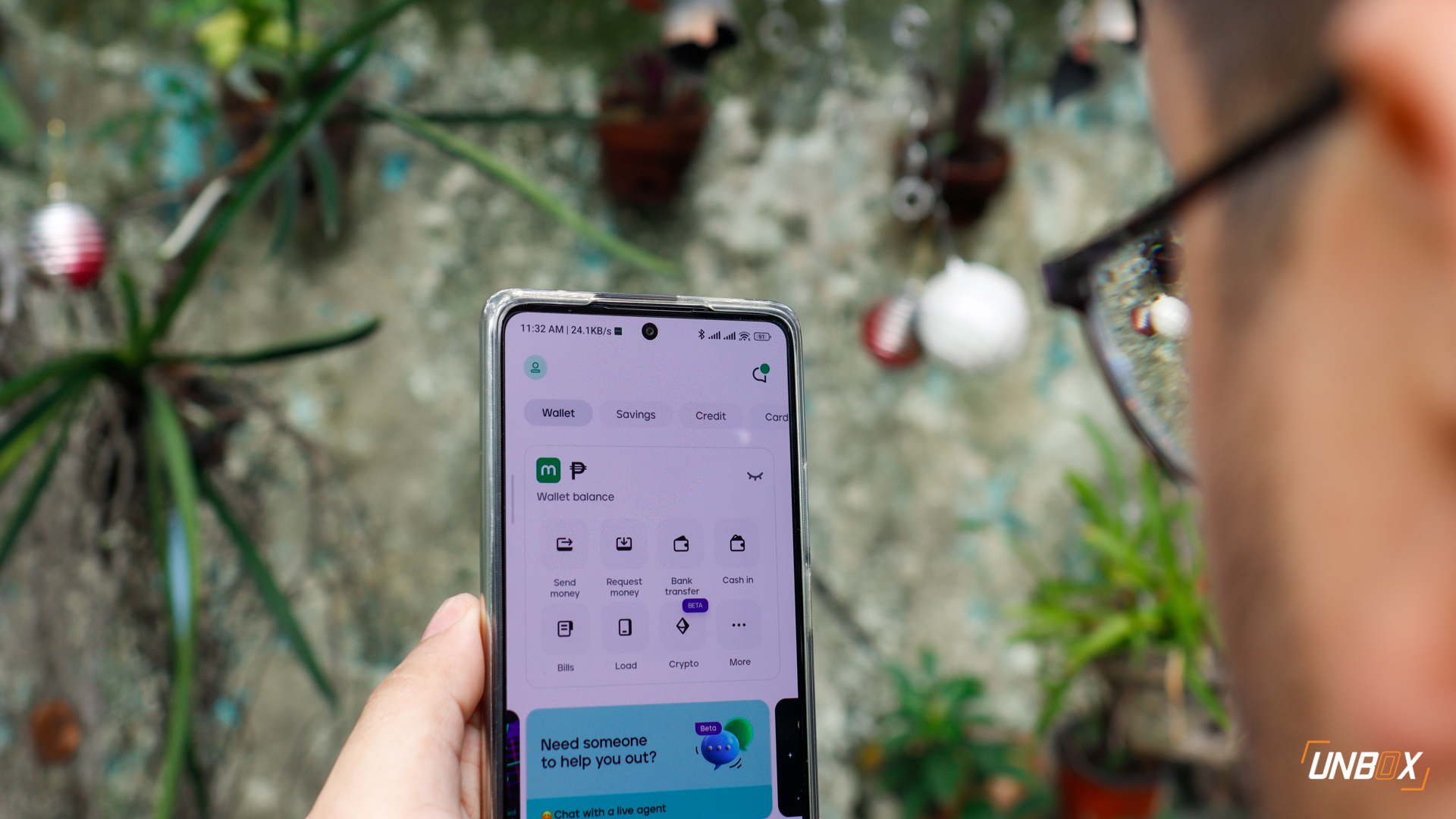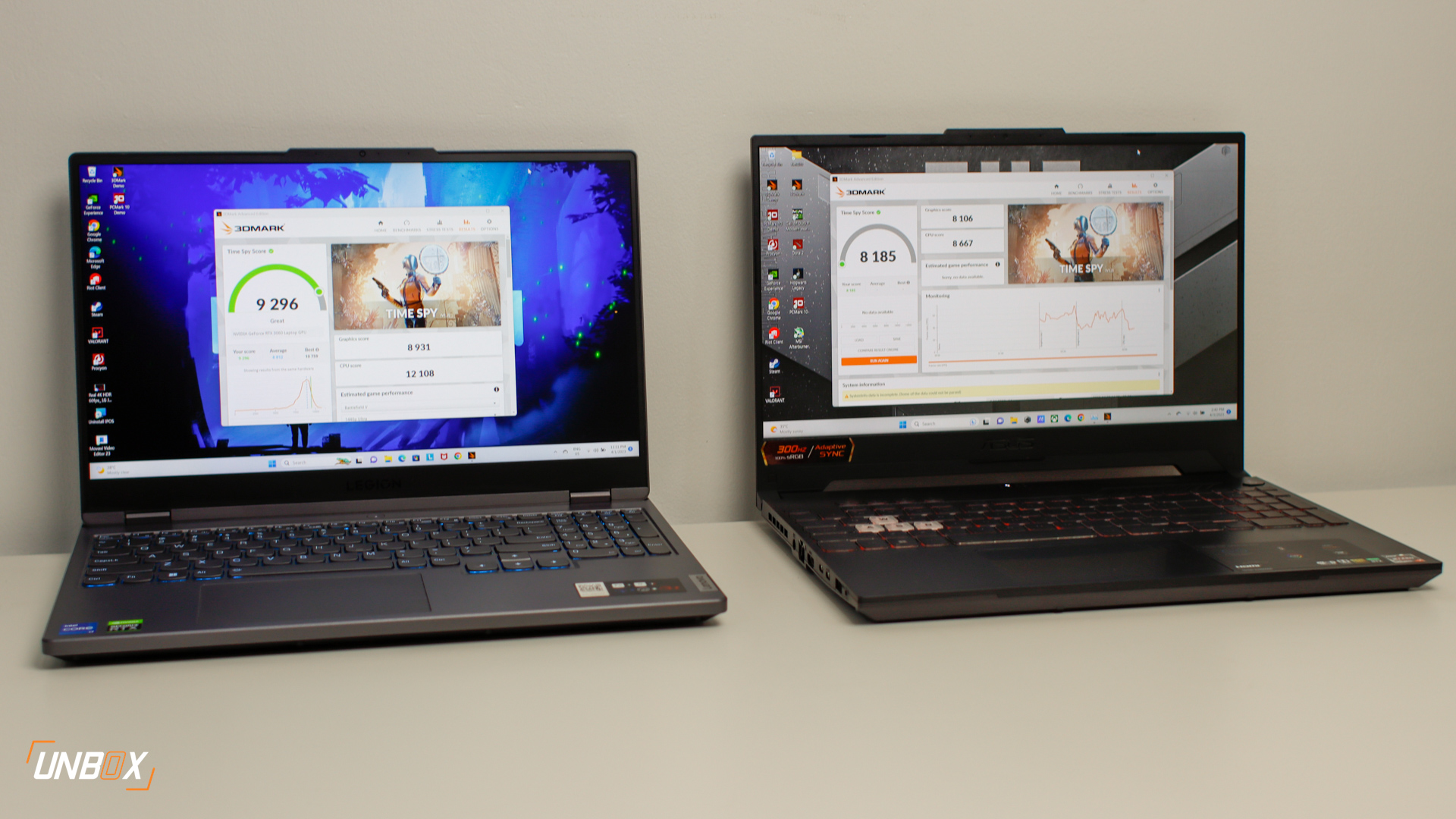Don’t call it unlimited if it’s not really unlimited
Earlier this week we reported that Globe has been strictly enforcing their 1GB a day/3 GB a month data cap for their subscribers by sending them text alerts notifying them that they have gone over the limit and throttling them back to 2G speeds. The news quickly spread like wildfire and many of our readers who are Globe subscribers are understandably angry at the move. 3GB of data a month may seem like a lot of data, but many users are quickly finding out that they can burn through 3GB of data without too much effort, especially while using LTE.
All three telcos, not just Globe, can learn a lot from this unpleasant episode. It’s important to understand that while telcos like Globe and Smart need to put Fair Use Policies to protect them and to rein in heavy users, it’s also important to put the customer’s welfare first.
Call a spade a spade – it’s not unlimited internet if you put in data caps
This, by far is the biggest problem that our readers had with Globe’s fair use policy. Many who got unlimited data plans were frustrated to find out that their supposed unlimited plans had daily and monthly data caps built-in. While it’s partly their fault for actually signing their contracts without understanding the gravity of such caps, it’s also important to understand that all the consumers hear when they talk to a telco’s sales rep about their unlimited data plan is the word unlimited – everything else gets lost in the background. A better solution is to stop telling them that their plan is unlimited, and tell them that it’s 3GB a month, 5GB a month or whatever.
Don’t punish everyone because of a few data hogs
One of the main reasons that FUPs exist according to telcos are because of data hogs – heavy internet users that consume a lot of bandwith downloading torrents and other things. The problem here is that not everyone who goes over their limit are data hogs. Instead of severely downgrading a mobile customer’s internet browsing speed if they go over an arbitrary limit, telcos should actually look at a user’s use of data before banhammering their internet speeds to oblivion. Do they habitually consume large amounts of data? Do most of their traffic comprise of torrents? It’s also important for telcos to differentiate data caps between devices. Lumping both smartphones, internet sticks and pocket WiFi users into a single data cap isn’t fair to consumers because each device have different usage patterns. Smartphone subscribers usually don’t use their mobile data all the time and when they do, it’s usually for short periods of time (passing time while waiting for public transport, waiting in line, etc.). USB internet sticks and pocket WiFi devices are different – they’re actually designed to be used with devices that use up a lot of bandwith – a notebook, for example. Maybe put different data caps for smartphones, internet sticks and pocket WiFi devices?
Make data plans that actually make sense
It’s hard to quantify just how much data 1GB is. Most people think that they know just how much data that is, but in reality it’s extremely difficult. I vote to replace that with what consumers know by heart by now – bandwith speeds. It’s easy to quantify – a simple speed test tells you just how fast your connection is. If you want a faster connection, just pay for a higher speed. Data caps, especially as hi-speed LTE is fast becoming the norm, are pointless. Why give me a Ferrari that can only go 20 kilometers flat out then suddenly slow to crawl once I hit 21 kilometers? All you’re doing is adding to my frustration and annoyance by letting me taste hi-speed LTE then abruptly taking it away.
Take away data caps entirely
It’s a universal truth that people hate data caps. Telcos have always insisted that data caps have been a way to mitigate congestion problems when it comes to data. The only problem there is that network congestion for data is a myth, at least according to an Andrew Odlyzko, one of the US’ top expert in Global Internet traffic. Even the FCC’s previous boss and now chief lobbyist for the cable industry admitted that data caps aren’t about congestion. Speaking to a Minority Media and Telecommunications Association back in 2013, he said that cable’s interest in usage-based pricing was not principally about network congestion, but instead about pricing fairness. Finally, a study made by the New America Foundation found that as internet provider gains more customers, the cost of delivering hi-speed internet goes down.
This handy little video explains why data caps suck and why the network congestion explanation is a myth:
Like we mentioned before, it’s extremely hard to grasp how much data is 1GB or 1.5GB of data for normal users. Telcos should just do away with data caps and instead implement a better, easier to understand pricing model for users. They should also be more transparent about the plans that they sell to consumers, and stop using the word unlimited when in reality, it’s far from it.







